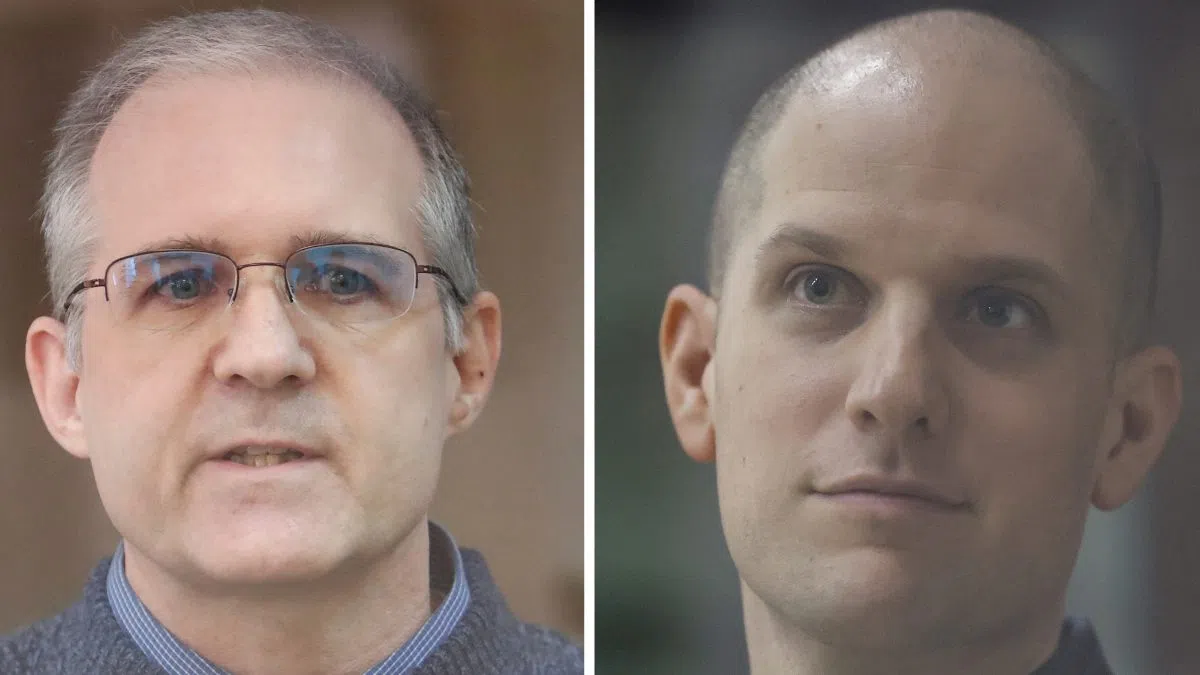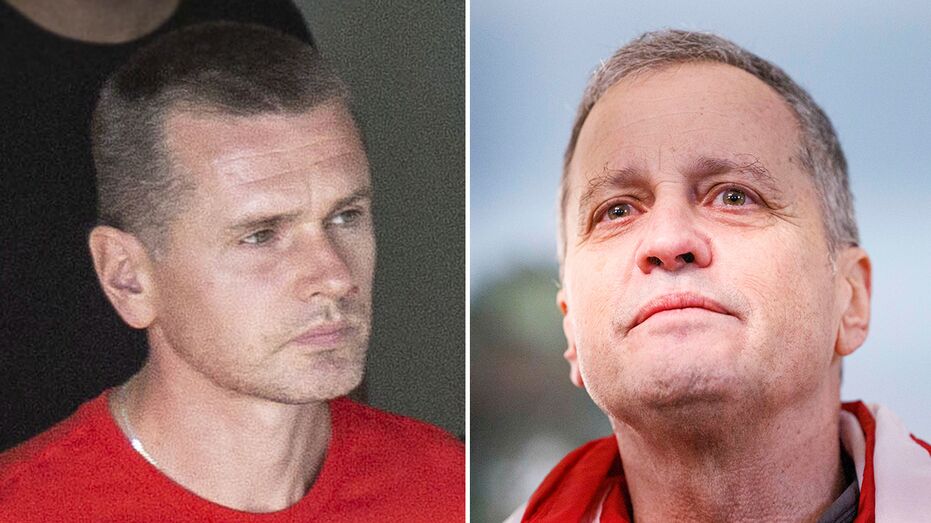
U.S. Secures Prisoner Exchange with Russia: Alexander Vinnik for Marc Fogel
The ongoing tussle between international relations and individual human rights reached a significant turning point this week as the United States government announced a prisoner exchange with Russia. Alexander Vinnik, a Russian individual embroiled in serious criminal allegations, will be released in a deal that secured the freedom of Marc Fogel, an American teacher detained in Russia.
Release of Marc Fogel
Marc Fogel, who has been held in Russia since 2021, was finally released from captivity. His return was confirmed on Tuesday, and he arrived back in the U.S. late Wednesday night. Fogel, a history teacher hailing from Pennsylvania, was sentenced to a staggering 14 years in a Russian prison after being arrested at an airport for possession of what his family claims was medically prescribed marijuana.
In a heartfelt reaction, Fogel’s sister, Anne Fogel, expressed overwhelming relief upon her brother’s return. In an interview with Fox & Friends, she described the moment as a “massive boulder” lifted off her shoulders, stating, “I am so incredibly grateful to the president. Just amazing.” Her words highlighted the emotional and psychological toll that Fogel’s situation had had on their family.
Background of Alexander Vinnik
Vinnik’s journey has been fraught with legal complications. Initially arrested in Greece in 2017 at the request of U.S. authorities, he faced serious charges relating to cryptocurrency fraud. After being extradited to the United States, Vinnik pleaded guilty last year to conspiracy to commit money laundering. The detailed negotiation around his exchange underscores the intricate dance of diplomacy that characterizes U.S.-Russia relations.
Kremlin’s Response
The Kremlin confirmed Fogel’s release and hinted at the impending return of Vinnik. Kremlin spokesperson Dmitry Peskov shared with reporters that the identification of the Russian prisoner involved in the exchange would be disclosed upon their return to Russia. “Recently, work has intensified through the relevant agencies, and there have been contacts,” Peskov explained, detailing the efforts that led to Fogel’s release.
Government Officials Weigh In
While the U.S. State Department provided no immediate comments regarding the release, the Trump administration, which was in power during Fogel’s arrest, was credited with his eventual return. Fogel himself, after meeting with former President Donald Trump at the White House, proclaimed, “I am not a hero in this at all. President Trump is a hero,” expressing gratitude for the diplomatic efforts that ensured his safe return.
In a move that raised eyebrows, when asked if the U.S. had made significant concessions to facilitate the exchange, Trump noted simply, “not much,” without offering further details, leaving the public to speculate about the terms of the negotiation.
The Ripple Effect
This exchange not only underscores the emotional relief experienced by the families involved but also illustrates the complexities of international diplomacy where an individual’s life can hang in the balance due to political negotiations. Fogel’s return is a victory for his supporters and has opened discussions about the human aspect of such agreements, igniting debates over the treatment of American citizens abroad and the lengths to which officials will go to secure their return.
With Vinnik’s release soon to follow, the implications of these negotiations extend beyond just the individuals involved. They invite reflection on the broader geopolitical climate and the ongoing tensions between the U.S. and Russia, serving as a reminder of the intricate interplay of diplomacy, law, and human rights.

















